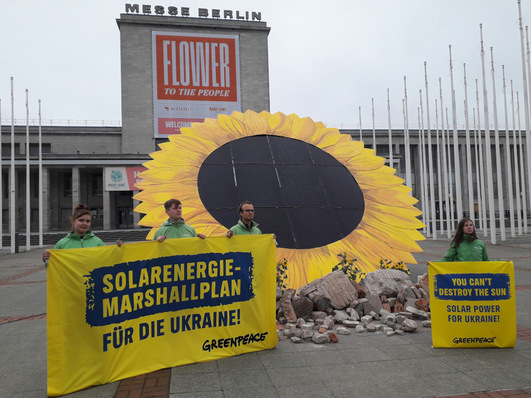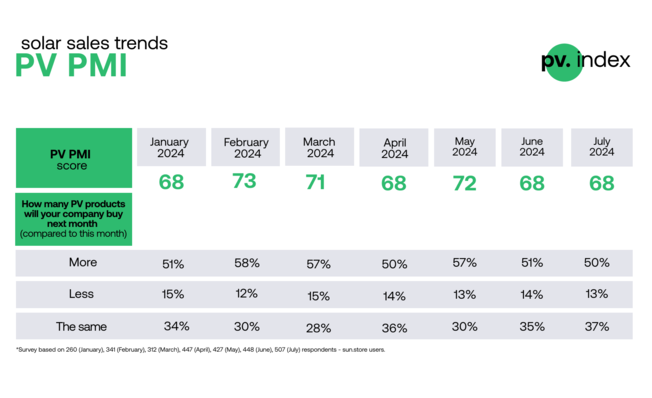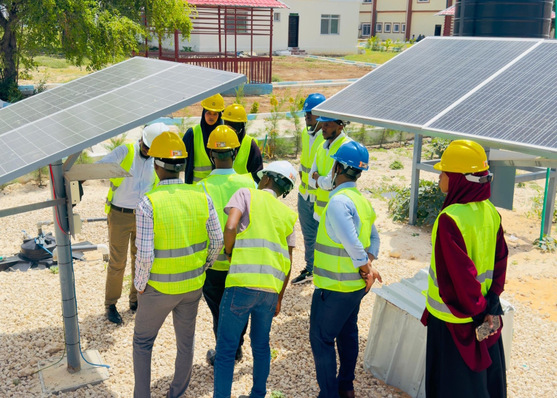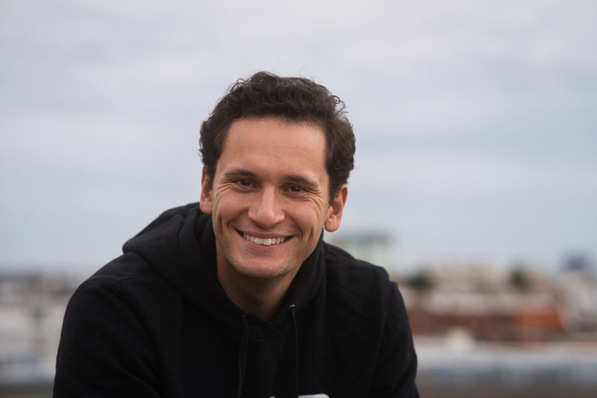Inverter manufacturer SMA generated less sales last year than it did in 2020. Revenues fell from just over one billion euros in 2020 to 983.7 million euros in 2021. Earnings before interest, taxes, depreciation and amortisation also fell accordingly to 8.7 million euros. The company attributes this primarily to the coronavirus pandemic, which, in addition to the contact restrictions in the second half of the year, also led to problems with the procurement of chips. These supply bottlenecks have had a strong impact on business development.
Order books are full
This continues in the first quarter of this year. Compared to the same period last year, turnover fell slightly from 140 to 221 million euros. However, the Executive Board is expecting growing earnings overall. This is because it is already evident in the first quarter that demand is increasing. In the first quarter of this year alone, SMA received orders worth € 407 million.
Also interesting: Are we heading for a climate dictatorship?
By comparison: Last year, customers ordered products worth € 232 million from SMA. "The shortage of electronic components has also significantly limited our ability to deliver in the first quarter of this year. In addition, high module prices and limited module availability are causing projects to be postponed in the large-scale plant segment," describes Jürgen Reinert. Spokesman of the Managing Board of SMA, the current situation. "At the same time, we have recorded the highest order intake in ten years and currently have a very high order backlog."
Converting orders on hand into sales
Accordingly, the Managing Board forecasts that the company will be able to crack the one billion mark in sales again this year. In the end, it will be between 900 million and 1.05 billion euros. Profits can then also rise to up to 60 million euros. "This is because we assume that the delivery situation will ease slightly in the second half of the year and that we will be able to book most of the product-related order backlog as turnover by the end of the year," explains Jürgen Reinert. "After overcoming the chip shortage, all signs point to growth for us. The medium to long-term outlook for renewable energy could not be better."
Strategy geared to all segments of the energy transition
The company has also aligned its Strategy 2025 with this, he said. It wants to further develop its solutions in all segments of the energy transition. "In addition to our core business of photovoltaic and storage solutions, we are focusing on the growth areas of energy management, e-mobility and green hydrogen," says Reinert. (su/mfo)







